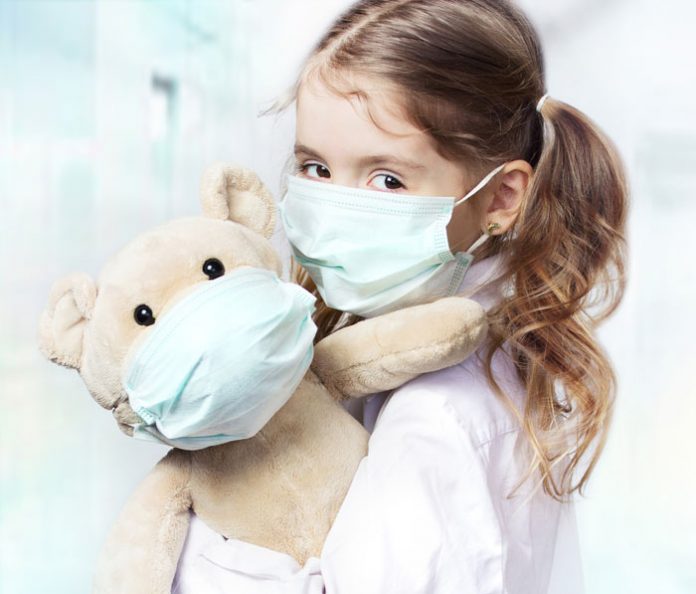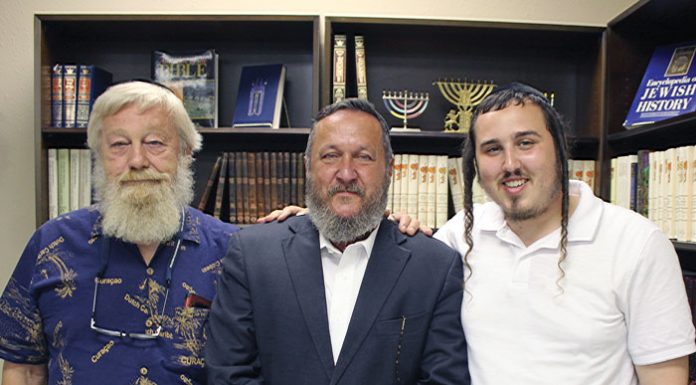Dr. David Fox is a clinical psychologist. He is also the director of the Crisis Intervention Trauma and Bereavement Services for ChaiLifeline around the world, directing interventions, trainings and conferences. Dr. Fox has also headed crisis intervention efforts in Jersey City, Monsey and Antwerp.
Do you work mainly with children?
No. Our teams are trained to work with individuals, families and institutions regardless of age.
Would you say that people are being traumatized by what’s happening now with the coronovirus, or is that an exaggeration?
Let’s put it this way: There is justified fear, but trauma usually refers to something that has already happened. Right now, people are living in anticipation and dread of what might happen, so technically it’s not what we would call trauma, but there is a strong feeling of apprehension and uncertainty because the future is unknown. There are traumatizing events around the world that are coming closer to home.
Is there any type of intervention you can do preemptively to prevent people, and especially children, from becoming traumatized?
We’re doing a lot of what I call “trauma inoculation,” which is preemptive. It’s about educating parents, teachers and rebbeim on how to speak to their children and students. We also offer to help people deal with their anxiety, the unknown and rumors.
One of the most important things is to raise awareness about how to take the appropriate preventative hygienic steps. All of the Centers for Disease Control dictates are crucial. At the same time, we are trying to slow down the panic and shield people from the hysteria that so often occurs when dealing with the unknown.
What would you advise parents of young children? How much should they reveal about what’s going on?
When dealing with children age six and younger—although this wouldn’t be applicable to preverbal children who don’t know enough to be frightened—the parents need to be secure role models, because what their children are going to learn about how to face challenges and uncertainty will be picked up from the way their parents talk. If a parent is composed and calm, the child will be reassured. If a parent is agitated and worried in the presence of the child, it sends the child a subliminal message that dealing with uncertainty is a bad thing.
It’s the parents’ responsibility to package their message in a way that’s soothing and calming. Younger children need to feel safe and secure. They have to feel that their immediate needs are going to be taken care of: that they have a home, food and shelter, and that their parents are safe and no one is dying.
Also, it isn’t wise for a parent to give children excessive information that will only overwhelm and confuse them. Young children don’t need a lot of details or facts; they need an emotionally stabilizing message. If a child expresses fear or sadness, the parent’s job isn’t to talk him out of it with logic, but validate and soothe his fears with an age-appropriate response. If a child is frightened and you say, “Of course it seems kind of scary, but we’re going to be okay,” the child will feel secure.





















